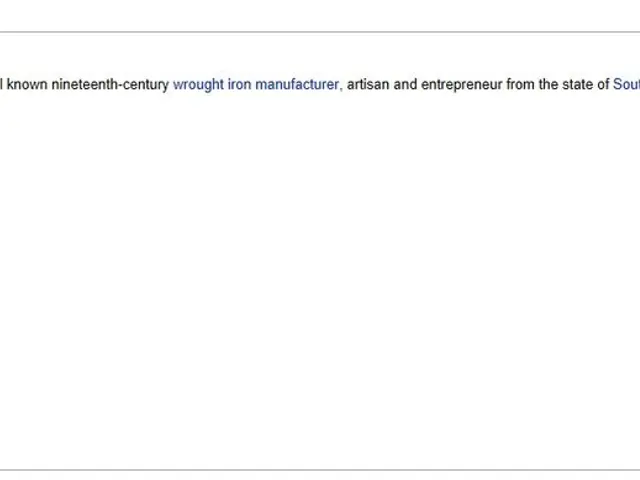Argentina's Community Kitchens Struggle Amid Hunger Crisis
Community kitchens, the last lifeline against hunger for Argentina's most vulnerable, are struggling due to reduced state support and increased inflation. The United Nations defines food security as access to sufficient, safe, nutritious food, a luxury many Argentinians cannot afford.
The minimum monthly wage in Argentina is 308,200 Argentine pesos, far below the cost of a basic food basket in Buenos Aires, which stands at 502,291 Argentine pesos (around $410 USD). This disparity leaves many families unable to afford adequate nutrition, leading to health issues such as high blood pressure, anemia, and being under or overweight.
Under President Javier Milei, community kitchens have lost state support due to accusations of corruption. The reduction of international aid coincides with national budget cuts, forcing community dining rooms to rely mostly on local donations. The administrative process for renewing funding has also become expensive and burdensome.
Chronic food insecurity is a persistent issue in Argentina, with the most vulnerable communities hit hardest. While Argentina breaks records in beef exports, this food does not reach those who need it most. With the government providing less support and inflation soaring, community kitchens struggle to provide for the hungry. The lack of official, up-to-date statistics on the price of a basic food basket outside Buenos Aires further complicates the situation.
Read also:
- Trump's Policy Shifts Spark Controversy, Pauses Infrastructure Funding
- Germany's Steel Industry Hopes for EU Nod on Subsidized Electricity Prices
- Chinese Rare-Earth Mining Endangers the Mekong River's Integrity
- Deteriorating munitions are submerged in the Baltic Sea, and Germany aims to retrieve them before it's too late.







